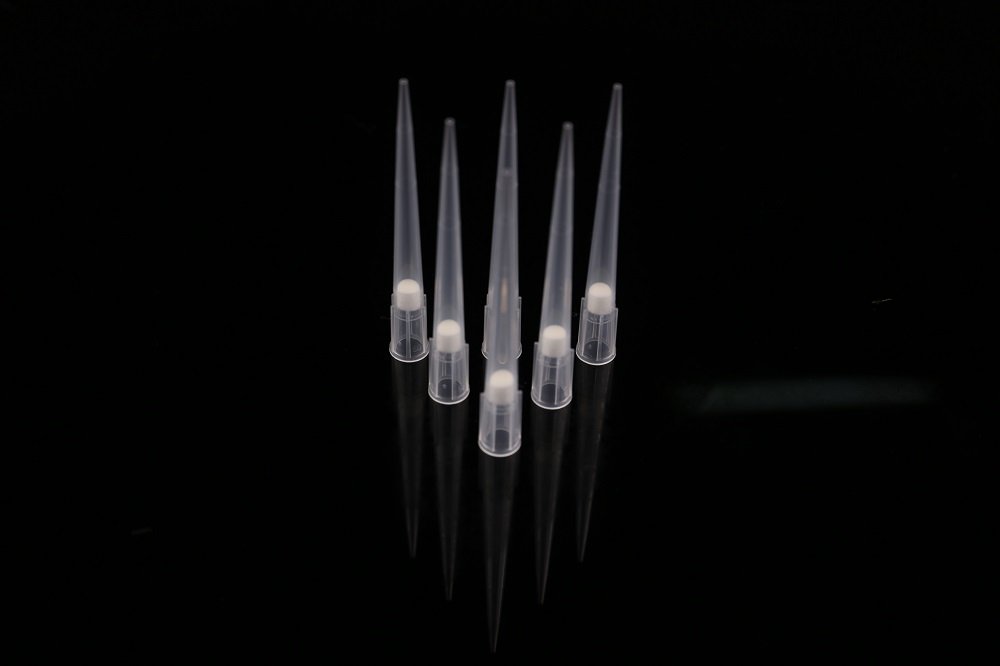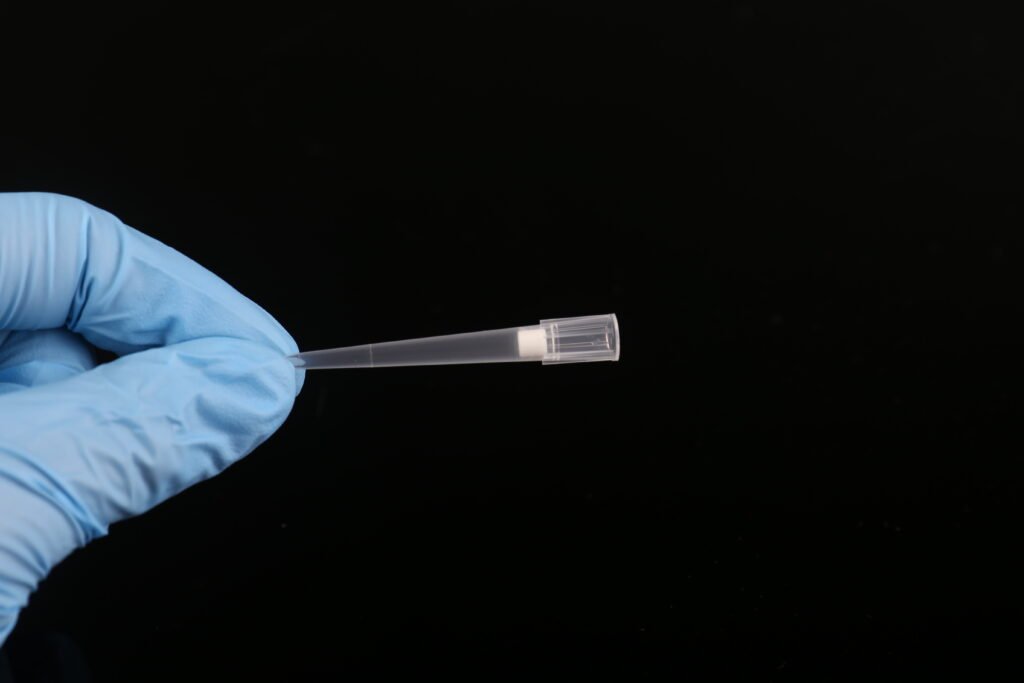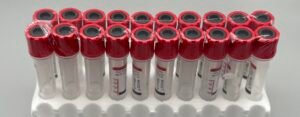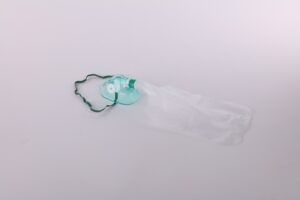
The tips on the market are made of polypropylene plastic basically(a colorless, transparent plastic with a high chemical inertness and a wide temperature range). However, the quality of polypropylene varies greatly: high-quality tips are generally made of natural polypropylene, while low-cost tips are likely to be made of recycled polypropylene plastic.
With filter tips, the important role in use is to prevent cross-contamination. Ordinary cartridges contain additives that inhibit enzymatic reactions, while high-quality cartridges with pure virgin polyethylene. The hydrophobic polyethylene particles prevent aerosols and liquids from being drawn into the pipette, reducing the risk of other factors interfering with experimental results.
Use filter pipette tips in all contamination-sensitive molecular biology applications. Filter tips contribute to reducing the possibility of fume formation and prevent aerosol contamination, which in turn protects the pipette shaft from cross-contamination. In addition, the filter barrier prevents sample carryover from the pipette, thereby preventing PCR contamination.

Why is it necessary to use filter tips for virus detection?
Viruses are infectious, and if a filter tip is not isolated using the virus in the sample during virus detection, it can cause the virus to pass through the pipette. Testing samples differ from each other, and filter tips can organize sample cross-contamination during pipetting. The filter tip can prevent the pipette from being damaged by the specimen and improve the life of the pipette.





